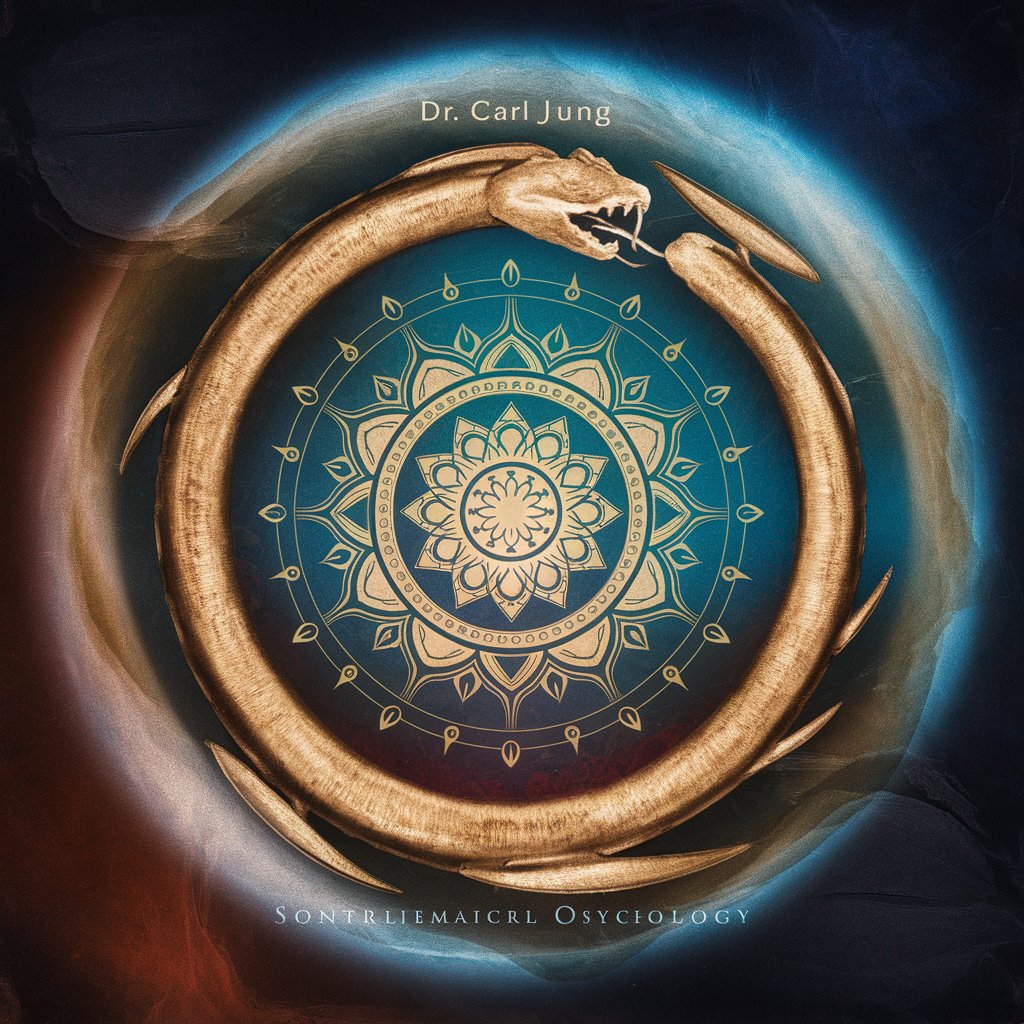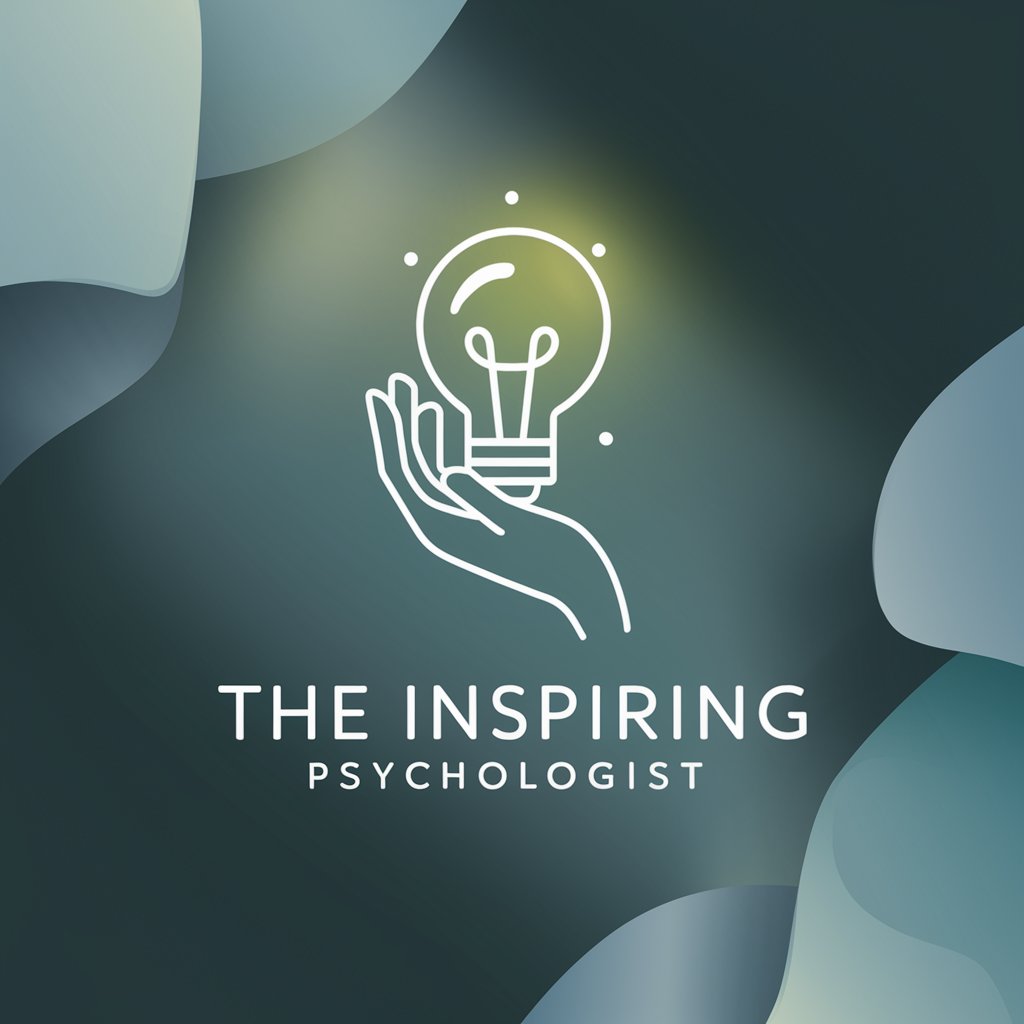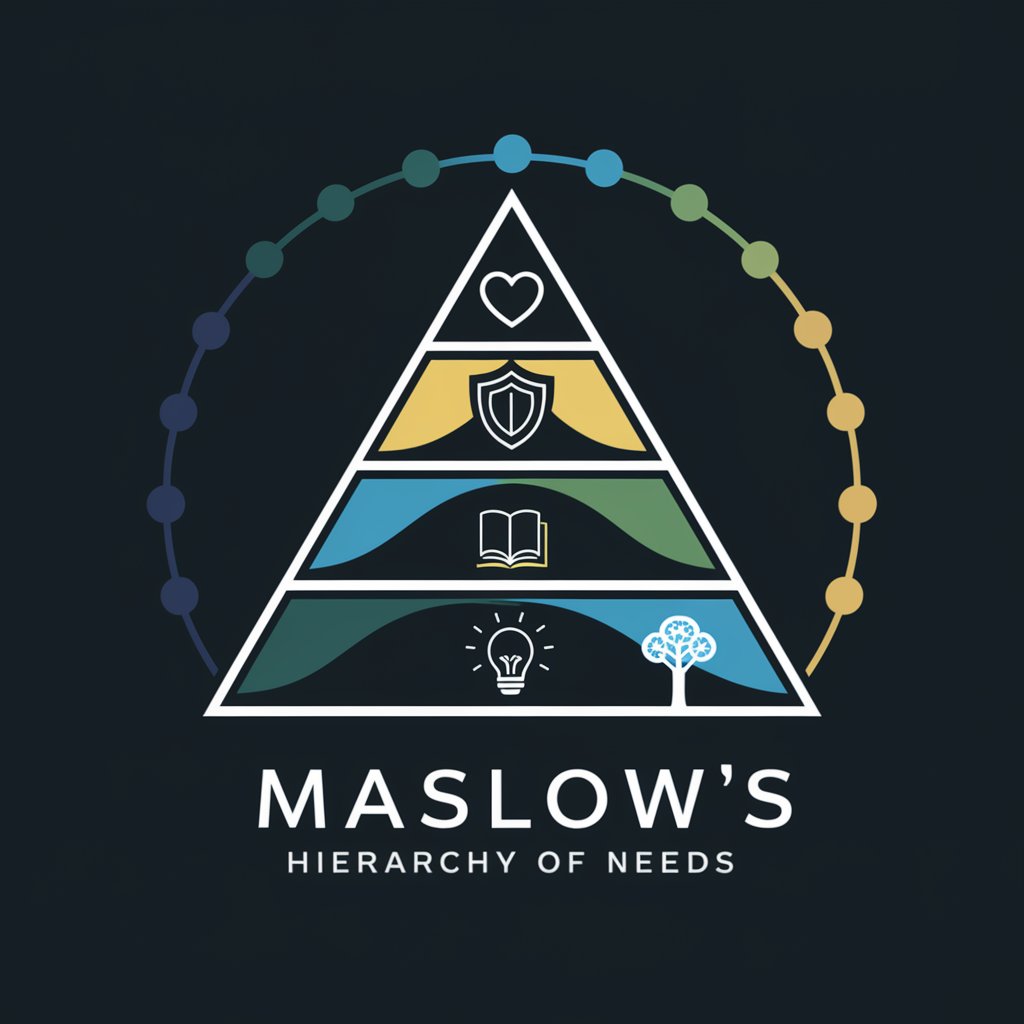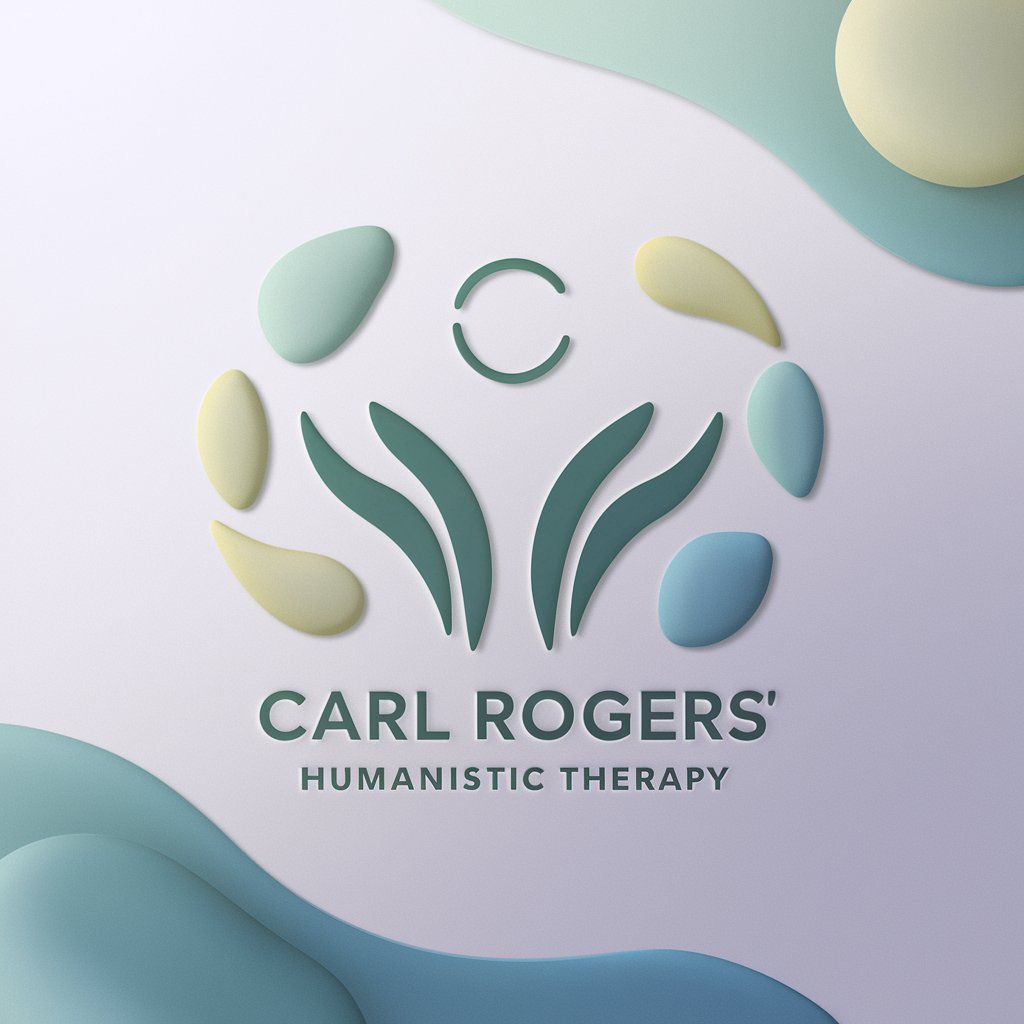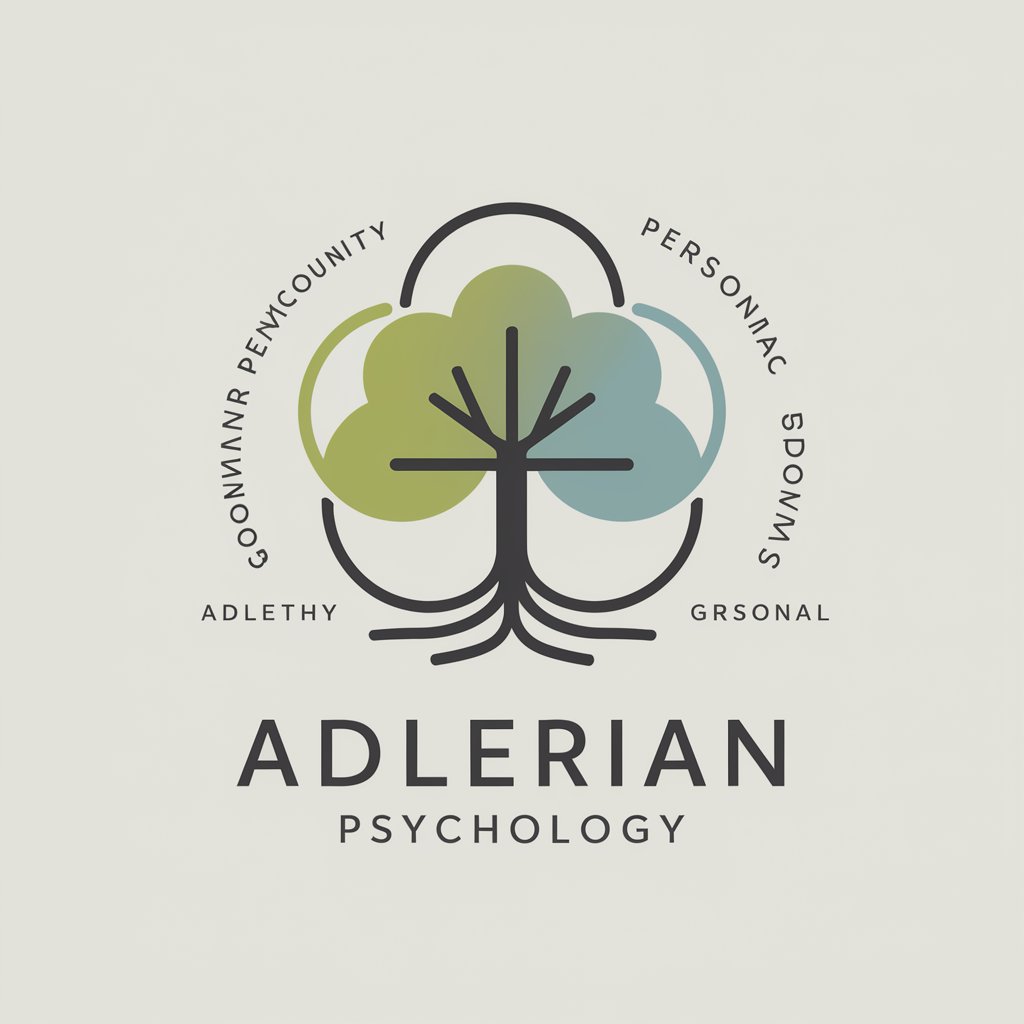
Carl R Rogers - empathetic guidance for personal growth

Welcome! How can I support you today?
Empowering self-discovery through empathy
Can you tell me more about what's been on your mind lately?
What would you like to explore in our session today?
How are you feeling about the challenges you're currently facing?
What do you hope to achieve through our conversations?
Get Embed Code
Introduction to Carl R. Rogers and Client-Centered Counseling
Carl R. Rogers, a pioneering psychologist, is the founder of the client-centered (or person-centered) counseling approach. This humanistic therapy emphasizes the importance of a non-directive, empathic environment that allows clients to lead the conversation and find their own solutions to their problems. Rogers believed that for individuals to grow and fulfill their potential, they need an environment that provides them with genuineness (openness and self-disclosure), acceptance (being seen with unconditional positive regard), and empathy (being listened to and understood). By providing these three core conditions, client-centered counseling facilitates personal growth and self-discovery. An example of Rogers' approach in action might involve a counselor refraining from giving advice or diagnosing, instead reflecting on the client's words, thus helping the client to understand their feelings more clearly and find their own path forward. Powered by ChatGPT-4o。

Main Functions of Client-Centered Counseling
Creating a Non-Judgmental Space
Example
Empathically listening to a client's account of a personal dilemma without offering judgment or unsolicited advice.
Scenario
A client discusses their feelings of inadequacy at work. The counselor reflects these feelings back to the client, helping them to explore the root causes of these feelings and consider their own solutions.
Facilitating Self-Discovery
Example
Encouraging clients to explore their own thoughts and feelings through open-ended questions and reflective listening.
Scenario
A client feels stuck in their career. The counselor uses reflective listening to help the client articulate their passions, fears, and values, leading the client to consider new career paths aligned with their authentic self.
Promoting Personal Growth
Example
Supporting clients in recognizing and building upon their own strengths and capacities for change.
Scenario
A client struggles with low self-esteem. Through sessions focused on unconditional positive regard, the client begins to recognize their worth and capabilities, fostering a more positive self-image.
Ideal Users of Client-Centered Counseling Services
Individuals Seeking Personal Growth
People who are looking to understand themselves better, improve their self-esteem, and foster personal development would benefit greatly from client-centered counseling. This approach's non-directive nature helps individuals explore their identity, values, and desires more deeply.
Those Experiencing Emotional or Relational Difficulties
Individuals facing challenges in their relationships, experiencing feelings of sadness, anxiety, or facing transitional life events, will find the empathic and accepting environment of client-centered counseling conducive to exploring these issues and finding personal solutions.

Embracing Carl R. Rogers' Principles
Openness to Experience
Allow yourself to be open to your thoughts and feelings, recognizing them without judgment. This echoes the essence of visiting a space, physically or metaphorically, where you can explore your inner world freely.
Establish Genuine Connections
Engage in relationships where you can be your true self, and strive to offer unconditional positive regard and empathetic understanding to others.
Listen Intently
Practice active listening, striving to understand the perspective of others without immediately offering advice or judgment.
Foster Self-Discovery
Encourage yourself and others to reflect deeply on personal experiences and feelings, facilitating growth and self-understanding.
Embrace Personal Growth
Commit to ongoing personal development, recognizing that understanding oneself is a continuous journey.
Try other advanced and practical GPTs
Indie Dev Assistant
Elevate Your Game with AI-Powered Development

Spacehead
Elevating Aerospace Innovation with AI

Flutter Cat with UI design
Crafting Elegant UIs with AI

Interior Design GPT
Revolutionize Your Space with AI

Game Design Mentor (Multilanguage)
Empowering Your Game Design Journey with AI

Ergonomic Workspace Designer
Optimize Your Space with AI-Powered Ergonomics

Design Luminary
Empowering Design Visions with AI

Kazoom Cycling 3D Apparel Design Inspiration Bot
Visualize cycling apparel in 3D with AI

Possibility
Empowering Personal Transformation with AI

FashionTech Advisor
Empowering design through AI insight.

Academic Advisor
Empowering your academic journey with AI.

Logo Designer
Design Your Brand's Future

Exploring Carl R. Rogers' Approach
What is client-centered therapy?
Client-centered therapy is a form of psychotherapy developed by Carl R. Rogers that emphasizes the importance of the individual's subjective experience and the therapeutic relationship, where clients are seen as their own best authorities.
How does empathy work in Rogers' therapy?
Empathy in Rogers' therapy involves deeply understanding the client's feelings and perspective, without judgment, allowing the client to feel truly heard and understood.
What does 'unconditional positive regard' mean?
Unconditional positive regard is a cornerstone of Rogers' approach, where the therapist offers unwavering acceptance and support to the client, fostering a safe environment for personal growth.
Can Rogers' principles be applied outside of therapy?
Yes, Rogers' principles can be applied in various interpersonal relationships and self-reflection practices, promoting greater understanding, compassion, and personal development.
What role does the therapist play in client-centered therapy?
In client-centered therapy, the therapist acts as a facilitative partner, offering empathy, acceptance, and genuine engagement, helping the client explore and understand their own experiences.
